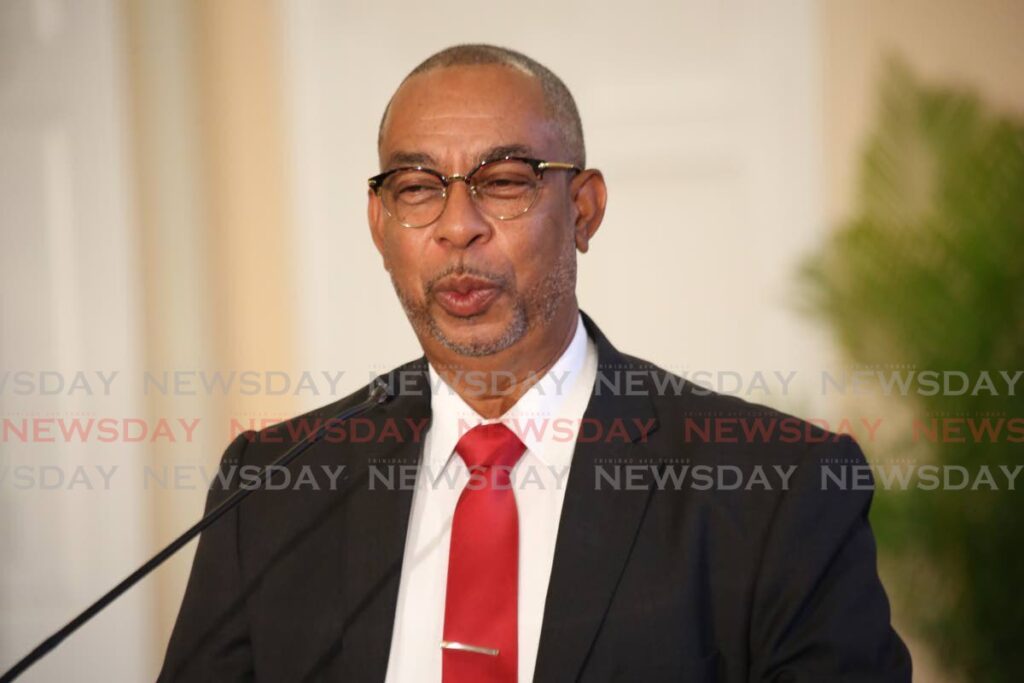Government working to end child labour

The Ministry of Labour is accelerating efforts to eradicate child labour by hosting a stakeholder consultation on the development of its hazardous child labour and light work lists. The consultation was hosted at the Hilton conference room on May 8.
This consultation aims to address the ambiguity and inconsistencies in the interpretation and enforcement of child labour laws by developing guidelines on what constitutes permissible and non-permissible work for children. This comes as the government seeks to implement strategies to achieve target 8.7 of the sustainable development goals (SDG) which aims to end child labour by 2025 globally.
At the consultation Minister of Labour Stephen Mc Clashie delivered the feature address where he said child labour is an immediate issue that requires urgent attention.
“We recognize that child labour remains a pressing challenge, with millions of children around the world engaged in hazardous work that jeopardizes their health, safety, and future prospects. As stewards of labour rights and social justice, it is incumbent upon us to take decisive action to protect our most vulnerable population – our children.”
He added, “Trinidad and Tobago remains committed to the achievement of SDG target 8.7: take immediate and effective measures to … secure the prohibition and elimination of the worst forms of child labour and, by 2025, end child labour in all its forms… Light and Hazardous Work Lists are critical tools in achieving this target.”
He said the government has made comprehensive strides to achieve this goal by the establishment of a national steering committee for the prevention and elimination of child labour, with four sub committees. These include:
- Data Collection, developing monitoring and evaluation mechanisms and reporting requirements.
- Development of light and hazardous work lists
- Establishment of protocols for collaboration among agencies and drafting of the child labour policy.
- Development and implementation of public awareness campaigns, capacity development and training for inspectors.
Natalie Willis permanent secretary at the ministry of labour, also addressed the consultation. She said the collective effort to establish the lists was important and noted that those present had a moral obligation to ensure the protection of children.
“We have a legal and moral responsibility to ensure children under 18 are not subjected to work that hinders their development, education or exposes them to undue risk. The reality is children are exposed to work that is detrimental to their physical and mental wellbeing. That is why we are embarking on this important initiative.”
She said the lists would provide clarity on what work children under the age of 18 can legally engage in and provide labour inspectors with a concrete reference point when enforcing labour laws.
“In essence, these lists would serve as vital tools in protecting our young people. The light work lists will identify tasks that are appropriate for children under 18 considering their developmental stage and physical limitations. The hazardous work list will explicitly prohibit children from engaging in activities that pose a significant risk to their health, safety and well-being.”
She added, “Our commitment extends beyond simply identifying hazardous work we also recognize the value of introducing young people to the world of work in a safe and controlled manner. Light work can be a valuable learning experience fostering a sense of responsibility and preparing them for fulfilling future career.”
Further information can be accessed via the following:
Welfare grants and psycho-social support services from the Ministry of Social Development and Family Services:
Telephone (Toll Free): 800-1673
Website: http://www.social.gov.tt
Psychological counseling for children and families at ChildLine:
Telephone (Toll Free): 131 or 800-4321
Website: https://childlinett.org

Comments
"Government working to end child labour"